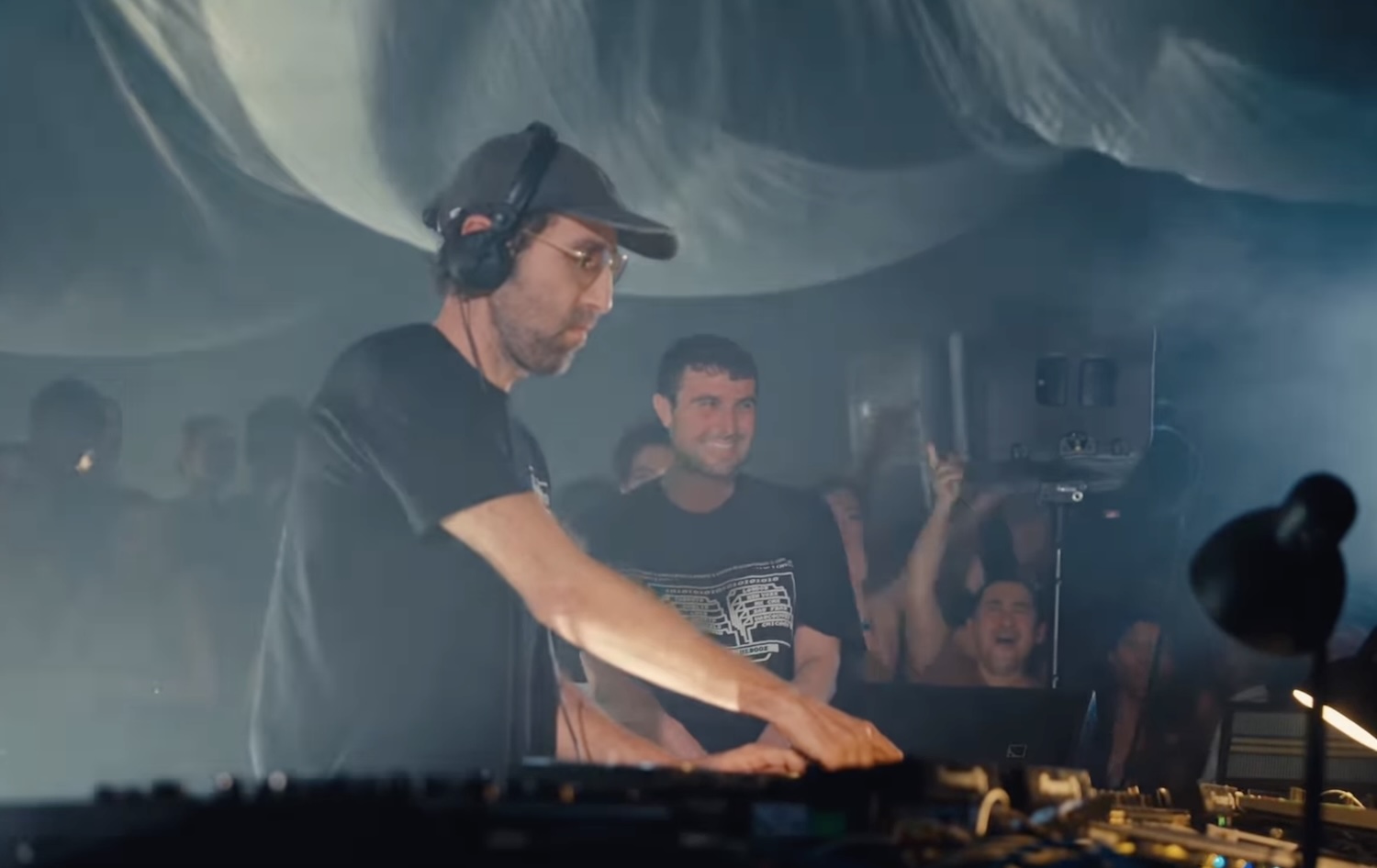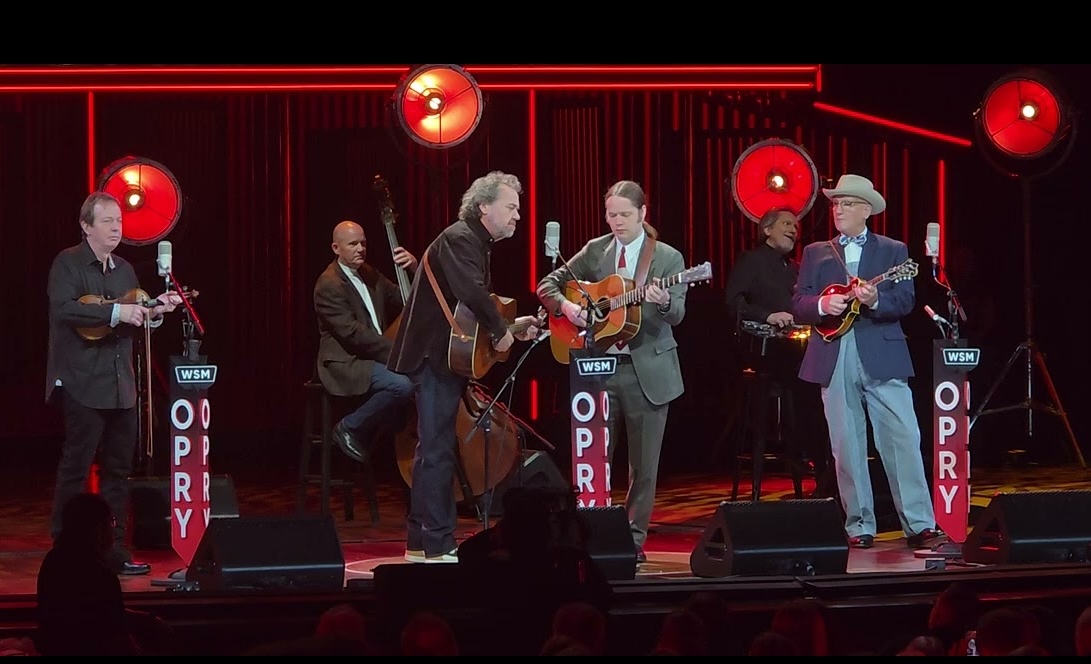Last year, Sleaford Mods' Jason Williamson accused IDLES of "appropriating a working-class voice." Then Fat White Family, another UK band, chimed in to agree: "the last thing our increasingly puritanical culture needs right now is a bunch of self neutering middle class boobs telling us to be nice to immigrants," they wrote in a Facebook post. "you might call that art, I call it sententious pedantry.”
IDLES' Joe Talbot addressed the backlash in an interview with The Guardian last week. “I’m not virtue signalling. I’m not hiding behind any sort of surrealist bullshit," he said. "I’m saying: this is what I believe in." On paper, he added, "I don’t think our message comes across as well. People think: ‘Fuck off, you cheesy bastards.’ We’re a band that has to be seen to be believed. You come to our show and you believe us.”
And yeah, the shit that Sleaford Mods and Fat White Family say pisses him off. "I do hold on to those grudges," he said. "Their grudges, not my grudges. They make me powerful. It makes me angry. I was a very violent person. So yes, one day I genuinely had to stop myself driving up to London and finding him [Lias Saoudi, Fat White Family frontman] because I go through fits and pangs of, like: ‘Fuck off, just leave us alone.’”
Now Fat White Family's Lias Saoudi has responded with an essay of his own for the Social. "Given Joe Talbot’s comments relating to my shameless trolling in The Guardian last week, I’d like to take this opportunity to clarify my position," Saoudi writes. "In a way I’m grateful to the band IDLES, for no other phenomenon in music over the last few years elucidates more clearly the brazen inconsistencies of the US import social justice faith currently permeating every facet of our culture."
"This is a band that purports to be about unity and zero tolerance of prejudice of any kind, yet feels it necessary to pour scorn on anyone that comes from a small town that hasn’t quite managed to adopt the same middle class metropolitan point of view they call their own," he continues. "Having been beaten, spat on and racially abused in a village growing up, I can confirm that a great deal of bigotry does reside there, but who is Joe Talbot to wag his finger and cast judgement on these people?"
"When you grow up economically oppressed in a world which offers you ever diminishing prospects, a world where violence and abuse are the norm, sooner or later the hopelessness of it all has a fairly good chance of morphing into hatred," Saoudi says. "Labelling these people scum isn’t progressive, it’s decadent. I’d go as far as saying it’s tantamount to blaming the slave for his chains."
IDLES, according to Saoudi, "represent everything that is wrong with contemporary cultural politics, with a left to whom the future used to belong, in defeat now collapsing into whimsical utopianism. A left in love with its own marginality. Theirs is the sound of an inverse solidarity, one that revels in the sanctimonious condemnation of people not quite up to speed whilst offering up no valid counter strategy."
Saoudi goes on to say, "It’s as if the lyrics have been generated by a Guardian designed algorithm, every red button issue of the day systematically addressed in the most predictable way imaginable. Nothing all that personal is ever laid on the table. I don’t feel like I learn anything about Joe Talbot by listening to Joe Talbot. The easiest way to gain popularity online of course, is simply to regurgitate what everybody else already believes."
Saoudi says he has "no interest in beefing with this group of individuals, only what their huge popularity represents where politics infringing on art is concerned. For me, straight down the middle post-post-punk represents a collapse into nostalgia, born out of a refusal of the present, in a world where the future has been all but cancelled."
"If Joe wants to get in his car and drive to London to mete out some form of rough justice on account of my expressing my opinion about his group that’s fine with me," he concludes. "It’s awful when you get a public rinse down; I should have at least qualified my comments last year. If it makes him feel any better, the tundra of abuse I received from both his fanbase and that of the Sleaford Mods after that outburst did rattle me to the core."
Read the full essay here.






